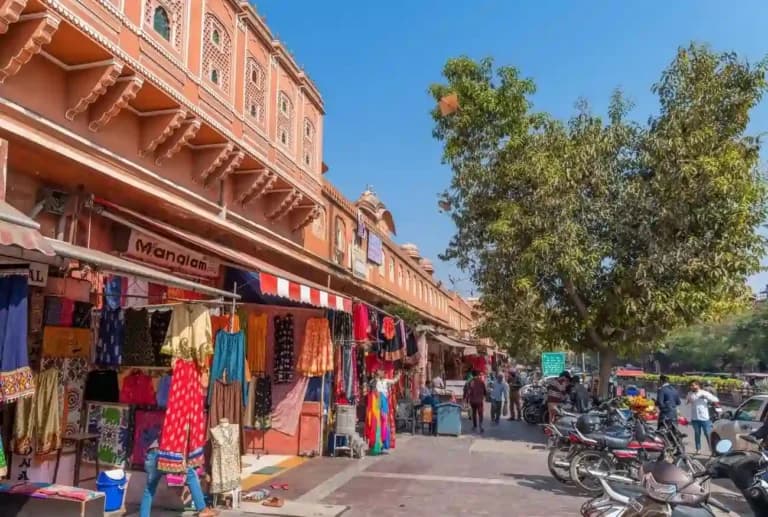In a detailed order issued on October 31, 2025, the Supreme Court dismissed an application seeking de-sealing of a property in New Rajinder Nagar Market, New Delhi. The bench, led by Chief Justice B.R. Gavai and Justice K. Vinod Chandran, ruled that only the ground floor of the premises could be used for commercial activity, while the upper floors must remain residential unless due conversion charges are paid.
Background
The case traces back to the long-running M.C. Mehta vs Union of India public interest litigation filed in 1985, which dealt with misuse of land, unauthorized constructions, and illegal conversions in Delhi. Over the years, several committees-including a Monitoring Committee (2006) and later a Judicial Committee (2022)-were formed to oversee issues of sealing, regularization, and demolition of unauthorized structures.
The current applicant had sought de-sealing of Plot No. 106, New Rajinder Nagar Market, claiming that the property was originally allotted for commercial use and therefore should be exempt from sealing. The Municipal Corporation of Delhi (MCD), however, contended that only the ground floor was sanctioned for commercial purposes and that the applicant had illegally converted the upper floors into business premises.
Court’s Observations
During the hearing, Senior Advocate Kailash Vasdev represented the applicant, while Senior Advocates S. Guru Krishna Kumar (Amicus Curiae) and Sanjib Sen appeared for the MCD. The Court noted that the Judicial Committee’s previous order (December 2023) had dealt with such cases “en bloc,” without examining individual facts-something the bench found problematic.
The judges examined several lease and conveyance documents from 1957 to 2005. They found that while the ground floor had been allotted as a “shop,” there was no valid record proving that the first floor was ever sanctioned for commercial use. In fact, the 2005 building plan approved for the applicant clearly described the upper floors as “residential apartments with kitchen, bedroom, and bathroom.”
“The absence of a specific undertaking for residential use,” the bench noted, “does not automatically convert the property into a commercial one.” The Court further observed that the New Rajinder Nagar Market falls under the shop-cum-residence Local Shopping Centre (LSC) category, where only the ground floor can be used commercially unless the owner pays conversion charges as per the Delhi Master Plan-2021.
The MCD’s report showed that the property exceeded the permissible Floor Area Ratio (FAR) and had non-compoundable deviations. “When residential spaces are converted into commercial ones, it burdens the city’s infrastructure-parking, traffic, utilities-all of which need to be factored into planning,” the Court remarked.
Decision
The Supreme Court rejected the plea to de-seal the property and refused to permit commercial activities on the upper floors. However, the bench directed the MCD to conduct a fresh joint inspection of the site and issue a detailed order identifying non-compoundable constructions and applicable conversion and penalty charges.
The Court clarified that if the applicant removes the illegal constructions and pays the prescribed charges, he may later seek approval for limited commercial use in accordance with the Master Plan.
With these directions, the bench dismissed the application and reaffirmed the principle that commercial conversion must follow due legal process-not historical assumptions or informal practices.
Case: M.C. Mehta vs Union of India & Others
Court: Supreme Court of India
Bench: Chief Justice B.R. Gavai and Justice K. Vinod Chandran
Case Type: Public Interest Litigation (Writ Petition - Environmental/Urban Regulation)
Application: I.A. No. 203615 of 2024 in W.P.(C) No. 4677 of 1985
Applicant: Owner of Plot No. 106, New Rajinder Nagar Market, New Delhi
Respondent: Union of India & Municipal Corporation of Delhi (MCD)
Date of Judgment: October 31, 2025














